“As a child or teenager, you see it one way, but as you grow older, you uncover deeper meanings”: Chris Mouron and Terry Truck on The Little Prince
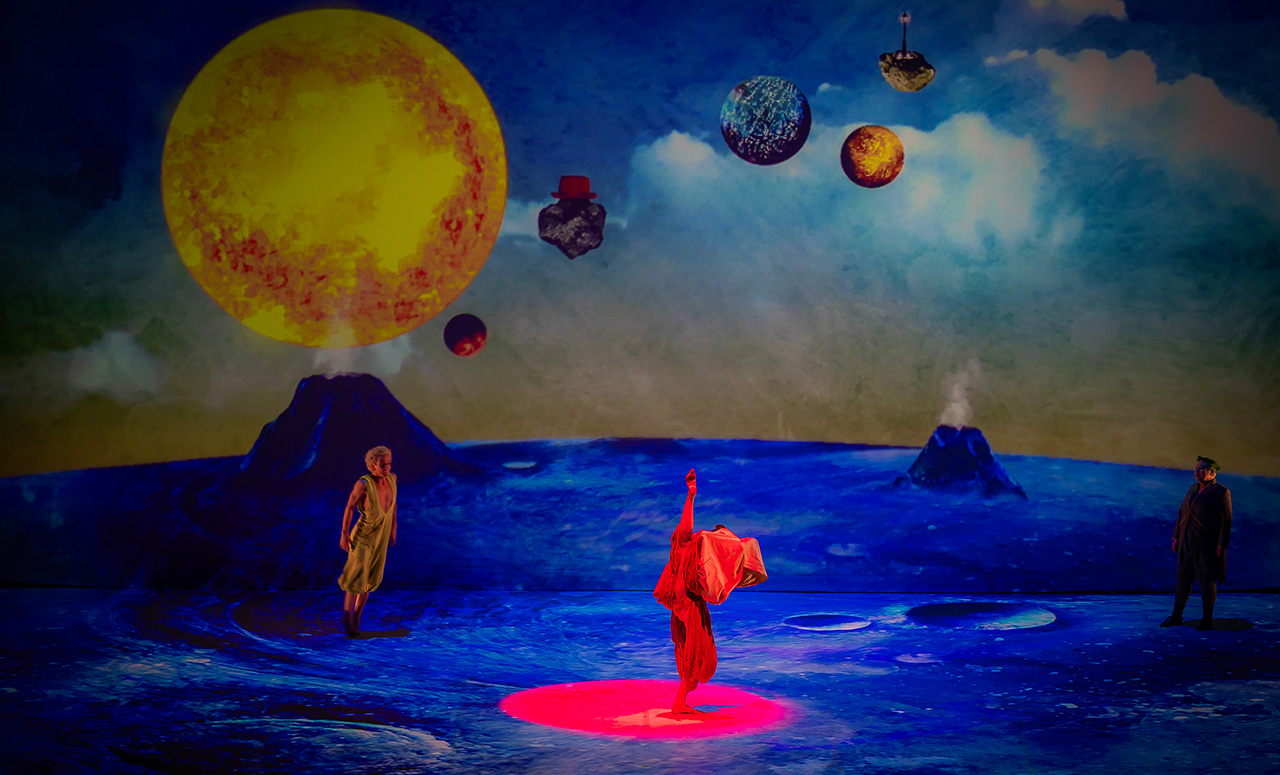
The Little Prince – one of the most enduring stories ever told – comes to life in a breathtaking stage production that balances the novella’s timeless simplicity with grand spectacle. Under the visionary direction of Anne Tournié, with a captivating French-language libretto by co-director Chris Mouron and powerful vocals, complemented by Terry Truck’s whimsical score, this theatrical adaptation becomes a heartfelt tribute to the wonder of childhood. It invites audiences to rediscover the world through the pure, imaginative eyes of a child while elevating the beloved tale to Cirque du Soleil-like grandeur – without ever losing the soul of the original.
Following sold-out performances from Broadway to Sydney, The Little Prince is prepared to make its highly anticipated UK premiere at the London Coliseum this March, just in time for the 80th anniversary of the literary classic. Ahead of its arrival, Chris Mouron and Terry Truck sat down with The Upcoming to discuss their creative process and the magic of bringing this beloved story to life on stage.
Chris, what inspired you to suggest adapting The Little Prince as your latest collaboration with Anne Tournié?
Chris Mouron: As artists, I’d say that our fuel, in a way, is emotion. When an artist is filled with emotions, they become inspired. As creators, we seek that inspiration – it drives us to create. For me, The Little Prince has always been an incredible source of inspiration. I almost want to say that creating the show felt easy because we’re so deeply inspired. But of course, it’s not easy – it’s a book. You have to capture and convey the same emotions, the same beauty, the same poetry. It’s a lot of work. But when you love something, it’s not just work – you cherish it, you respect it. And that makes all the difference. It’s as simple as that.
The original novella conveys so much through subtlety. How did you use narration and music to amplify the emotions and ideas that aren’t explicitly expressed in the text?
CM: This is an interesting question because, traditionally, the narrator – the aviator – would be played by a man. In the book, it’s the aviator who tells the story, based on his own experiences. For me, it was fascinating to take on this role because a woman’s voice can be quite versatile. You can speak in a deeper tone without forcing it, and you can also capture the voice of a child or a teenager with subtle shifts. It was a rewarding challenge to find the right balance because I’m not just speaking as one character – I embody all of them: the Little Queen, the Aviator, and the King. I perform all their voices, but it’s not about simple imitation, which can feel kitschy. Instead, I adjust my voice naturally, staying with the characters, following them in their actions – almost like a percussionist keeping rhythm. It’s funny, really – there’s a sense of movement in the story, with the little prince descending from the sky, and I follow that movement with my voice. This was a key part of my work. Not many people ask me about this, so I find it a really interesting question.
Terry Truck: That’s what music is really for, to amplify these emotions. The soundtrack takes them to different places, creating this magical realism, to capture the many worlds in The Little Prince through different sounds and instruments. There are so many incredible possibilities in this day and age. It’s always challenging to move from one thing to another, but the video projections helped smooth the transitions, making the shifts between scenes more immersive.
The Little Prince explores many themes, one of which is loneliness. As the narrator, was it challenging to bring that feeling to the stage?
CM: It was actually quite easy. Maybe because I’m a romantic, but this feeling is easier to show on stage than the more comical and joyful ones. It’s quite simple to put a little man on a big stage. When we show his planet, he is alone, battling with the baobab tree. Loneliness is something we don’t think we need to show, as it is inherent to the character. As soon as the Little Prince discovers something – when he meets a rose on his planet or encounters other people – he always asks questions but never answers them. When you’re used to being alone, you become very curious and begin to understand what you discover. We really focus on this character, who is a child – clever, romantic, and full of laughter. He’s not sad, but he carries a sadness within him.
Aside from the libretto being in French, was it important for the production to incorporate any French influences?
CM: I don’t see The Little Prince as just a little boy. Take Gavroche from Les Misérables, for example – he’s a very specific character, a French boy who dies on the barricades, deeply tied to our national history. But The Little Prince is different. Yes, he was written by a French author, but he transcends nationality. He could be African or Asian – he is a human being above all. Even though he’s technically an alien in the story, he feels profoundly human to us. That’s why the book is so universal – it speaks to human emotions, and people all over the world see themselves in him. Bringing this to the stage was a huge challenge. First, we introduced music – something that isn’t in the book. For me, music became the emotional foundation, a kind of carpet that carried the gestures, the movements, everything we needed to bring the story to life. But we didn’t have a rigid plan; we followed our inspiration and trusted our convictions. We simply felt that this is the way it has to be. I have to admit, though, on opening night, we had no idea what would happen. Sometimes, as professionals, you’re confident – you just know something will work. But here, we were stepping into the unknown. In French, we say terres inconnues – uncharted territory. It was an experiment. We couldn’t predict how the audience would react. And then, by the end of the show, I knew – we had done it. It worked, and the audience felt it.
TT: I don’t think we set out to do that, the story is very universal – it works across different cultures and situations. It feels very complete, both in its narrative and its music. I was very inspired by Chris and Anne Tournié’s connections to it, though.
Was there a moment when you realised that you truly captured the spirit of the book?
CM: Before stepping on stage, I was lost in that mysterious place of uncertainty. But when I saw how my colleague, Anne, had choreographed the scene between the Little Prince and the Rose, I knew. That moment – their meeting – was so beautiful.
And lastly, how has your understanding of the Little Prince evolved since the beginning of this project?
CM: I believe that at every stage of life, you discover something new in The Little Prince because the book can be read on so many different levels. As a child or teenager, you see it one way, but as you grow older, you uncover deeper meanings – things you might not have noticed at 12 or even 20. What struck me most while working on the production was the book’s historical and personal context. I hadn’t realised that Antoine de Saint-Exupéry wrote it in the United States during a deeply difficult time in his life. He was exhausted, depressed and disillusioned, and suddenly, I understood his inspiration in a whole new way. Knowing the world events and his personal struggles gave me a fresh perspective on the book. In many ways, The Little Prince is his swan song. He didn’t know he would die so soon – he passed away in 1944, near the end of the war – but there’s a sense that, on some level, he felt like his time was running out and his writing reflects that awareness. Honestly, we could talk about this for hours. But for me, this realisation was a major evolution in how I understood the book.
TT: It has become deeper and more relevant to me. When I first read The Little Prince in university, it was just one story among many worlds. But after working so deeply with it for the past ten years, my understanding has grown. Certain moments touch me in new ways, which is a good thing – it means that every time I see it, I see different things, and I’ve probably seen it 60 times.
Christina Yang
Photo: Courtesy of Broadway Entertainment Group
The Little Prince is at London Coliseum from 12th until 16th March 2025. For further information or to book visit the theatre’s website here.
Watch the trailer for The Little Prince at London Coliseum here:

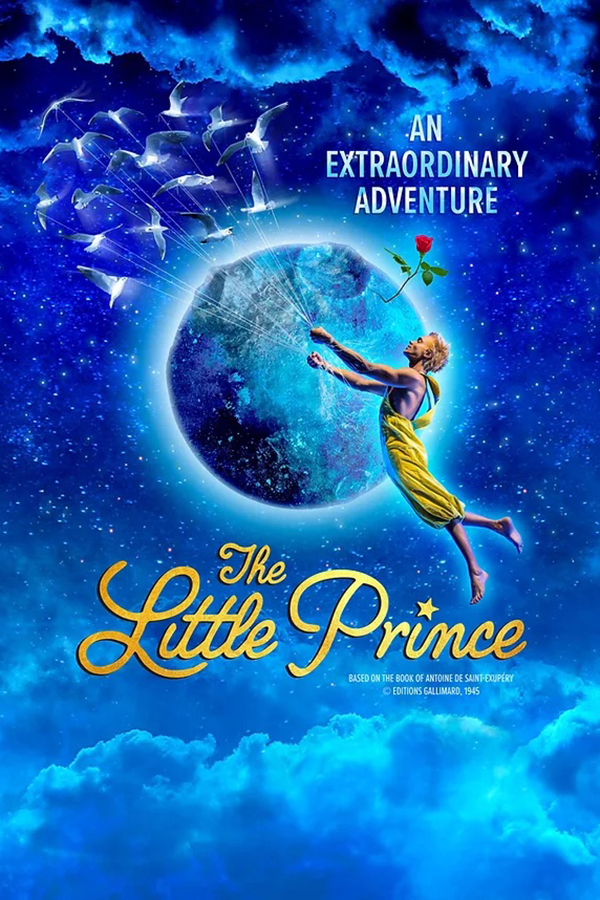
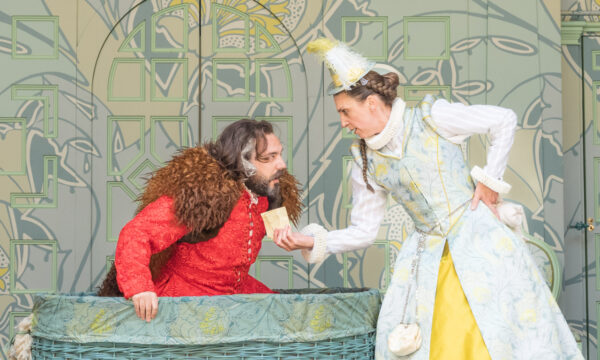
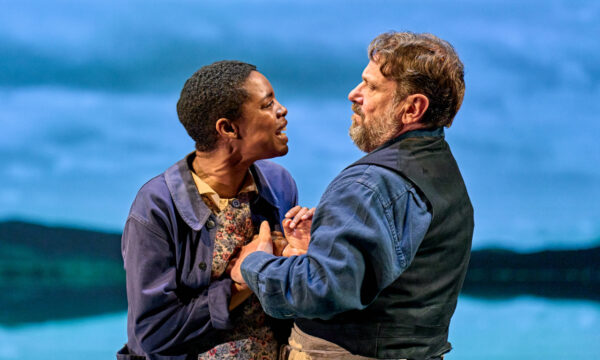
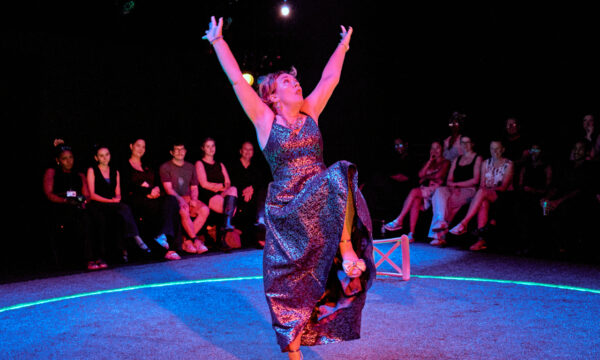
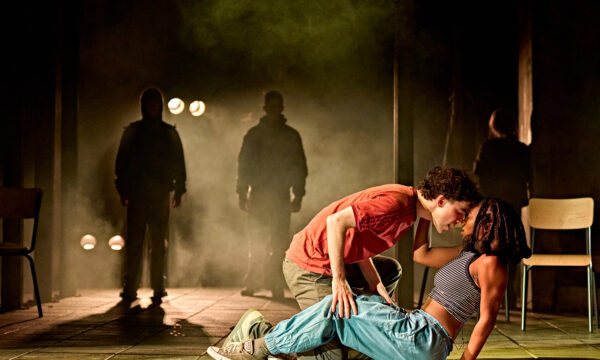
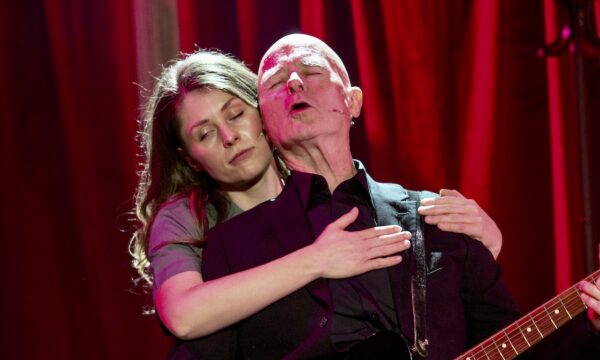
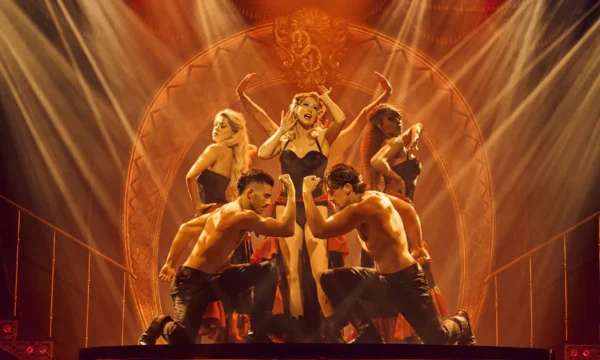
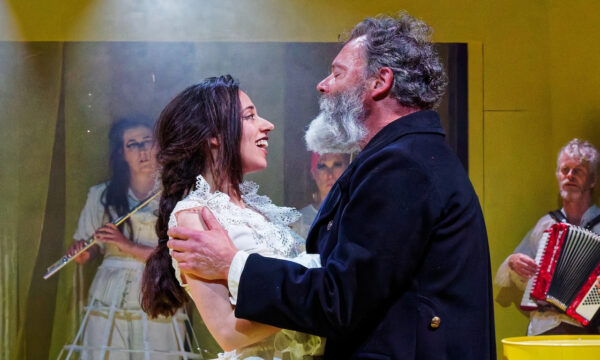
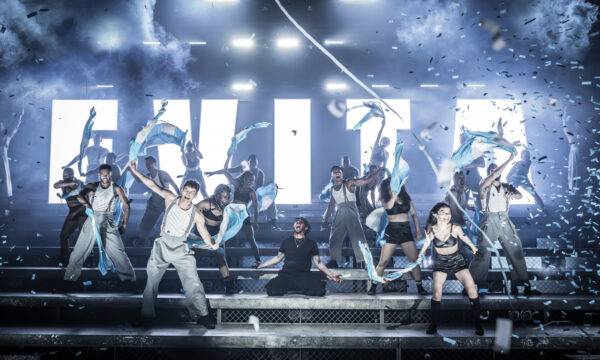
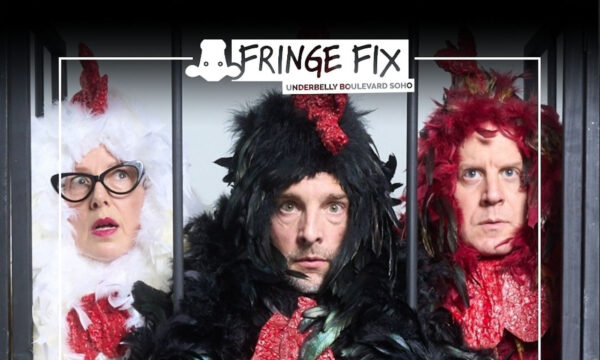

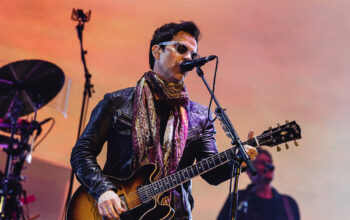
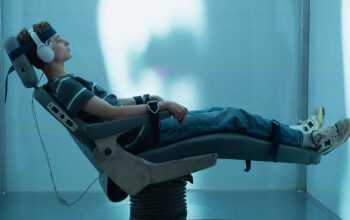
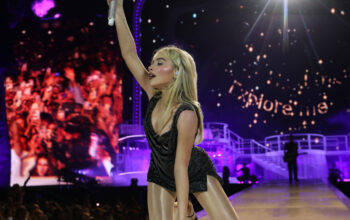
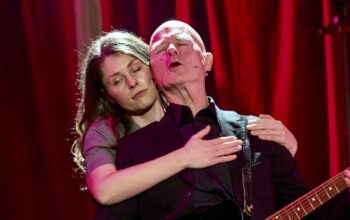





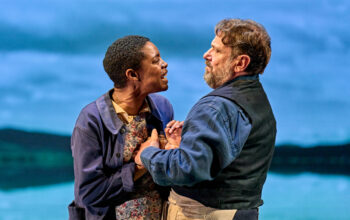
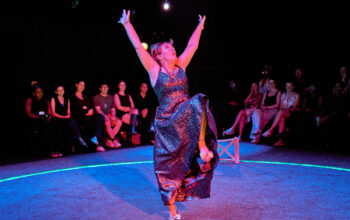
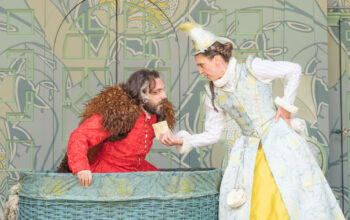
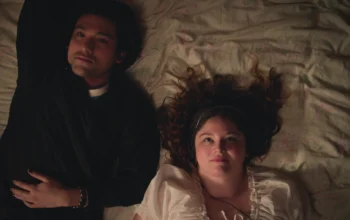
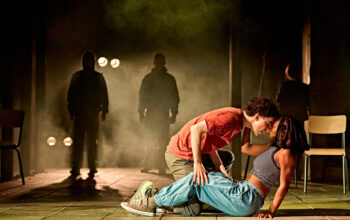
Facebook
Twitter
Instagram
YouTube
RSS